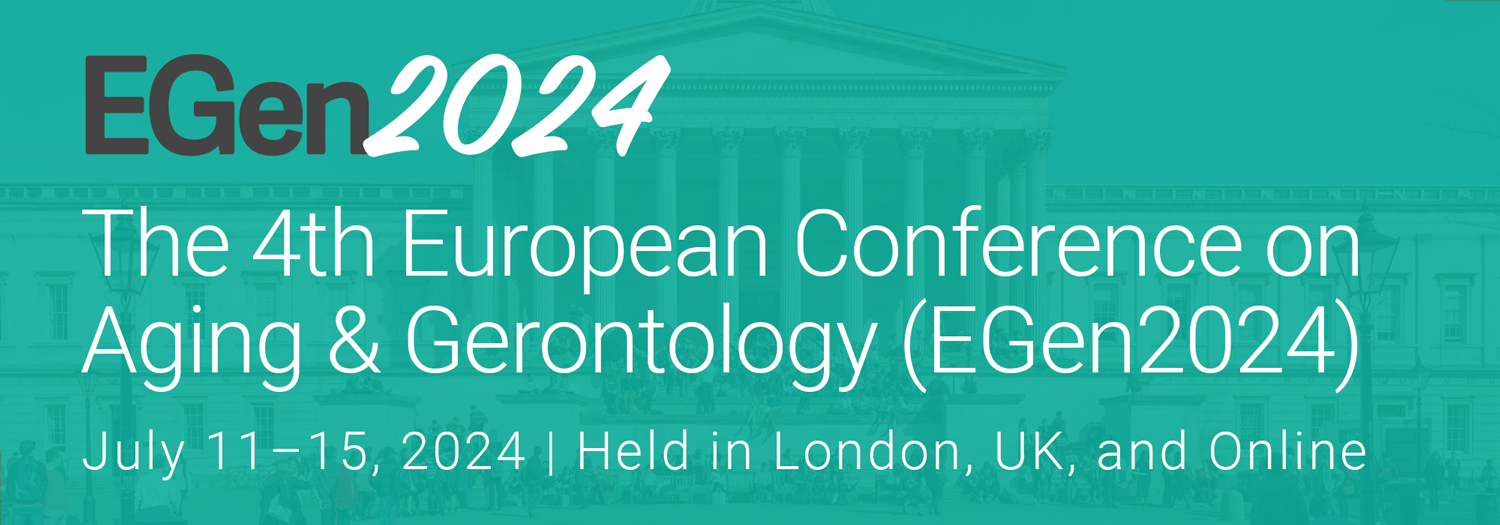Flâneurism Reimagined: From Urban Modernity to Contemporary Interior Spaces (80369)
Session Chair: Keung Hung
Saturday, 13 July 2024 14:50
Session: Session 4
Room: G10 (Ground)
Presentation Type:Oral Presentation
This paper delves into the evolution of flâneurism, originally conceptualized by the German thinker Walter Benjamin in the early 20th century. It traces its transformation from being an emblematic figure of modernity that defined urban culture to its manifestation within the design philosophy of present-day interior spaces.
The investigation illustrates the manifestation of flâneur's principles in contemporary interior spaces. These principles encompass curated settings designed to evoke a sense of leisure, discovery, and engagement. The emphasis on multifunctionality and adaptability mirrors the dynamic and ever-changing nature of urban landscapes, providing occupants with varied environments for exploration. The choreography of interior spaces ensures a spectrum of atmospheres, purposes, and aesthetics, enabling occupants to participate in a diverse range of encounters. These spaces prioritize an appreciation for the unexpected, inviting occupants to pause, observe, and interact with their surroundings, fostering a profound sense of curiosity and wonder. The paper examines these concepts through a critical exploration of the works of influential thinkers, including the Canadian-Mexican architecture historian Alberto Pérez-Gómez. It delves into the diverse discourse surrounding ideas of the "fragment" and the "unfinished," supported by the analysis of visual examples drawn from the creative portfolios of contemporary architects like SANAA and Sou Fujimoto, among others. Building on this analysis, the paper concludes with a critical evaluation of contemporary interior architecture. It considers its diverse manifestations, its connections with current culture and technological advances, and proposes potential conceptual frameworks for further consideration.
Authors:
Amos Bar-Eli, Holon Institute of Technology, Israel
About the Presenter(s)
Mr Amos Bar-Eli is a University Associate Professor/Senior Lecturer at HIT - Holon Institute of Technology in Israel
See this presentation on the full schedule – Saturday Schedule





Comments
Powered by WP LinkPress